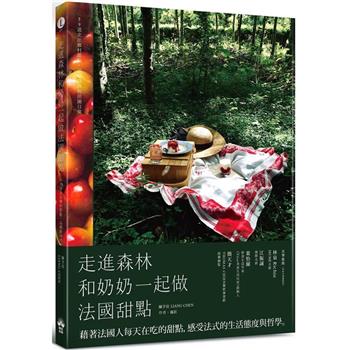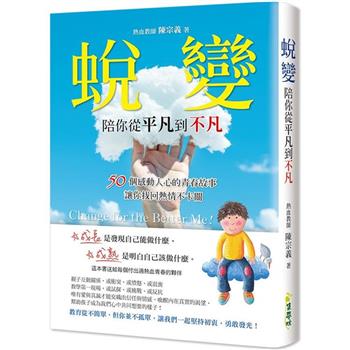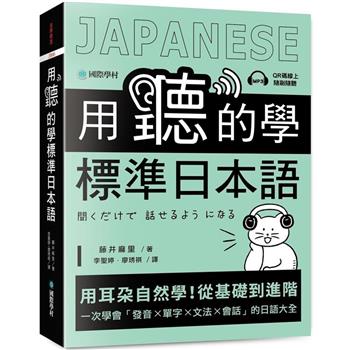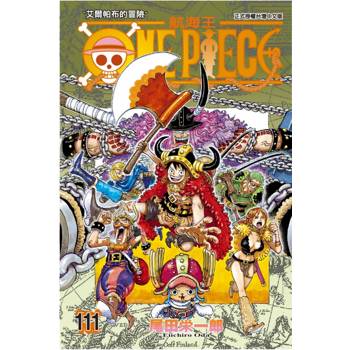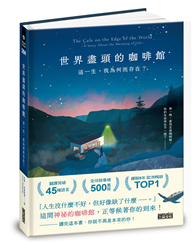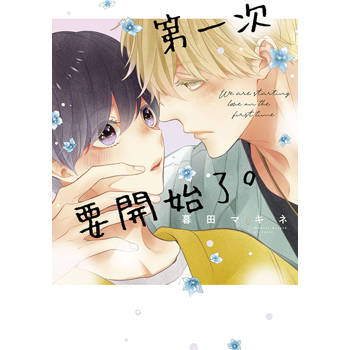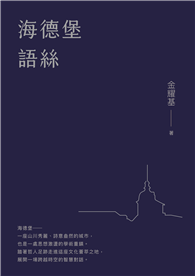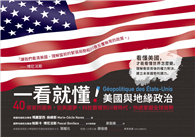This book interrogates the role games and playfulness bear in both formal education and informal social learning. Responsive to contemporary social and ecological challenges, this book especially explores games’ interactions with social power. On one hand, games sometimes operate to reinforce ideologies that normalise social injustice and environmental disregard. On the other, games offer rich possibilities for questioning such ideologies and encouraging change.
Strongly interdisciplinary, the book assembles 20 chapters written by 50 experts across fields including education, game design, cultural studies, sociology, Indigenous studies, disability studies, queer studies, STEM, legal studies, history, creative writing, visual arts, music, the creative industries, and social inclusion. These contributions not only make games a focus but incorporate playful research writing strategies, demonstrating methods of what we term ludic inquiry. This includes chapters written using arts-based research, practice-led research, poetic inquiry, narrative inquiry, autoethnography, duoethnography, and more.
Organised across four themes - ’philosophical sparks’, ’lived experiences’, ’pedagogical perspectives’, and ’the spirit of play’ - this book emphasises the radical egalitarian possibilities inherent in critical attention to games and how we play (or get played by) them. Its fresh insights will interest all readers interested in creatively remaking our worlds.

